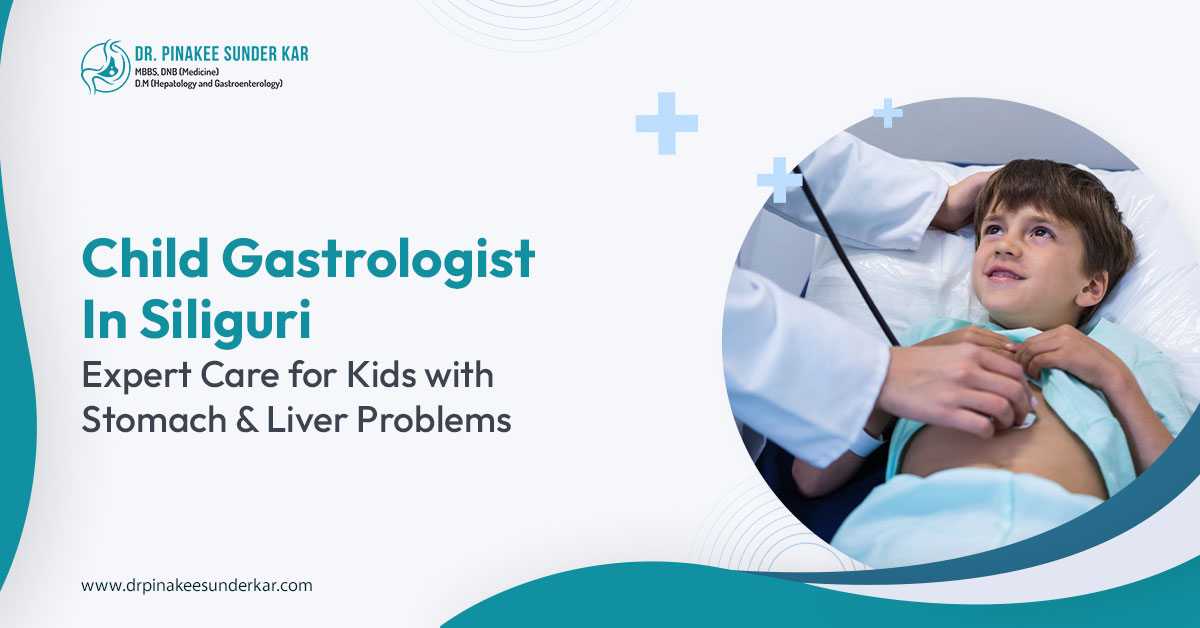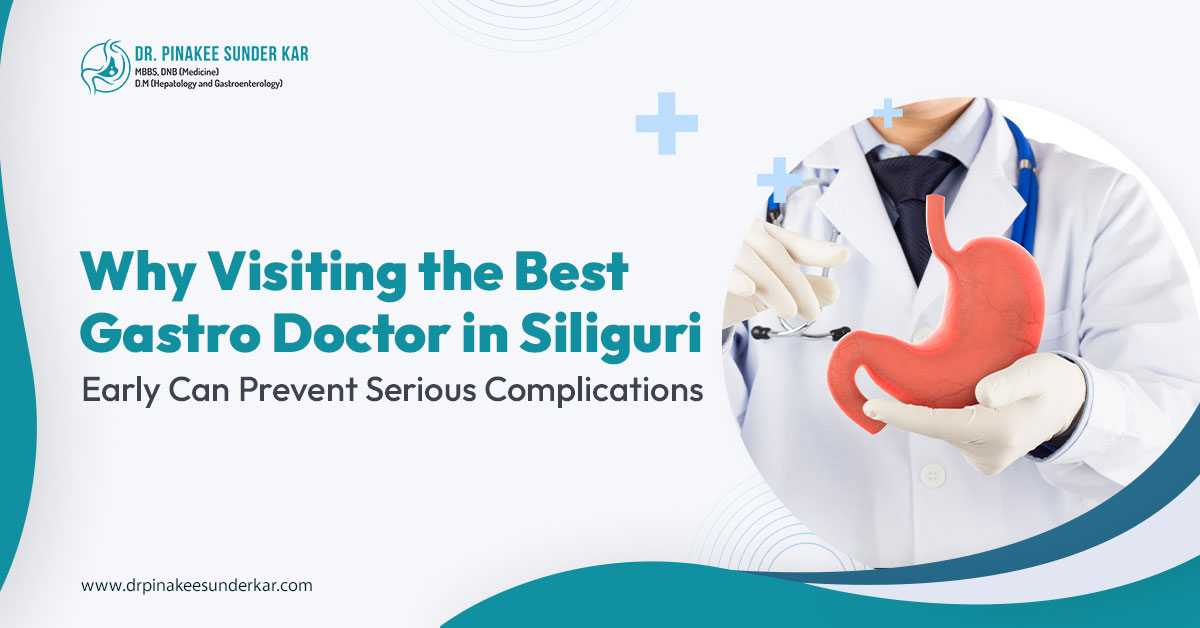The liver plays a very important role in processing and cleaning substances, including alcohol. Alcohol consumption may have limited effects or excessive effects depending on the amount of alcohol consumption. Alcoholic liver disease (ALD), caused by long-term alcohol abuse, can range from fatty liver to more serious conditions such as alcoholic hepatitis and liver failure.
Alcoholic liver disease treatment in Siliguri offers specialized care according to the requirements of the patients. For severe conditions like cirrhosis, advanced therapies are like liver transplants and intensive care is available.
Here is a comprehensive guide on how alcohol impacts the liver and what damage it is causing at different stages:-
1. The role of the liver in alcohol metabolism
- The liver plays a major role in alcohol metabolism when alcohol enters the body, it is absorbed by the bloodstream through the stomach and intestines.
- The liver metabolizes alcohol using enzymes like alcohol dehydrogenase (ADH) and aldehyde dehydrogenase (ALDH).
- These enzymes are responsible for both the formation and degradation of acetaldehyde.
2.Factors Influencing alcohol-related liver damage
- Regular and heavy consumption of Alcohol over time can increase the risk of liver damage.
- Genetics also play an important role in causing liver damage due to variants of the alcohol dehydrogenase (ADH) enzyme, which may be more susceptible to liver damage.
- Women are more susceptible to alcohol-related liver damage than men, due to differences in metabolism and hormonal imbalances.
3. How alcohol affects the liver at the cellular level
- Alcohol interferes with the normal fat metabolism present in the liver cells, leading to problems like fat accumulation in the liver and increased fatty acid production.
- Consuming excessive alcohol can increase the risk of cytokines, which are inflammatory substances that cause damage to the liver cells and promote fibrosis (scarring).
- Acetaldehyde is a by-product of alcohol metabolism which is highly toxic and can cause significant damage to liver cells. It can impair liver function by disrupting normal cellular activities and prompting liver inflammation.
4. Why does someone have a higher chance of risk?
- People who can metabolize alcohol more slowly or who drink more often and heavily are at a higher risk of liver damage.
- These genetic and environmental factors are also one of the reasons why some individuals are more prone to developing alcohol-related health problems.
- If you or someone you know is facing or experiencing alcohol–related liver issues, it is very important to seek help from the best liver doctor in Siliguri, who can offer expert advice, diagnosis, and treatment options.
5. Chronic alcohol consumption and liver damage
- Alcoholic fatty liver disease (AFLD) is the earliest stage of alcohol-related liver damage. It takes place when fat accumulates in the liver cells due to excessive drinking.
- The second stage of liver damage is known as alcoholic hepatitis. Chronic alcohol consumption causes inflammation in the liver leading to problems like alcoholic hepatitis. The symptoms of this stage can be jaundice, abdominal pain, and vomiting.
- In Cirrhosis the liver becomes severely damaged due to prolonged inflammation. Cirrhosis can lead to complications like ascites (fluid accumulation in the abdomen), hypertension (increased blood pressure in the veins of the liver), and liver cancer.
- In case you have crossed the third stage of liver failure, that means you have reached the final stage of liver failure. In this stage, the liver is no longer able to support vital bodily functions. Liver failure leads to organ failure and bleeding disorders.
6. Short-term effects of alcohol on the liver
- In short-term the liver tries very hard to process the alcohol. Small or limited alcohol consumption may cause temporary enlargement, but it doesn’t cause more effect in comparison to long-term damage.
- Alcohol consumption can lead to the accumulation of fat in the liver cells, leading to a condition known as alcoholic fatty liver (AFL) or (Steatosis).
- Consumption of alcohol can increase the production of pro-inflammatory substances in the liver, leading to inflammation.
Alcohol-related health issues, particularly liver damage are influenced by complex genetic and environmental factors. Individuals who can metabolize alcohol more slowly or who drink more often and heavily are at a higher risk of liver damage.
Regardless of these individual differences seeking early treatment from qualified healthcare professionals is very important. Alcoholic liverdisease treatment in Siliguri offers specialized care with a range of treatments from lifestyle counselling to advanced medical interventions.





